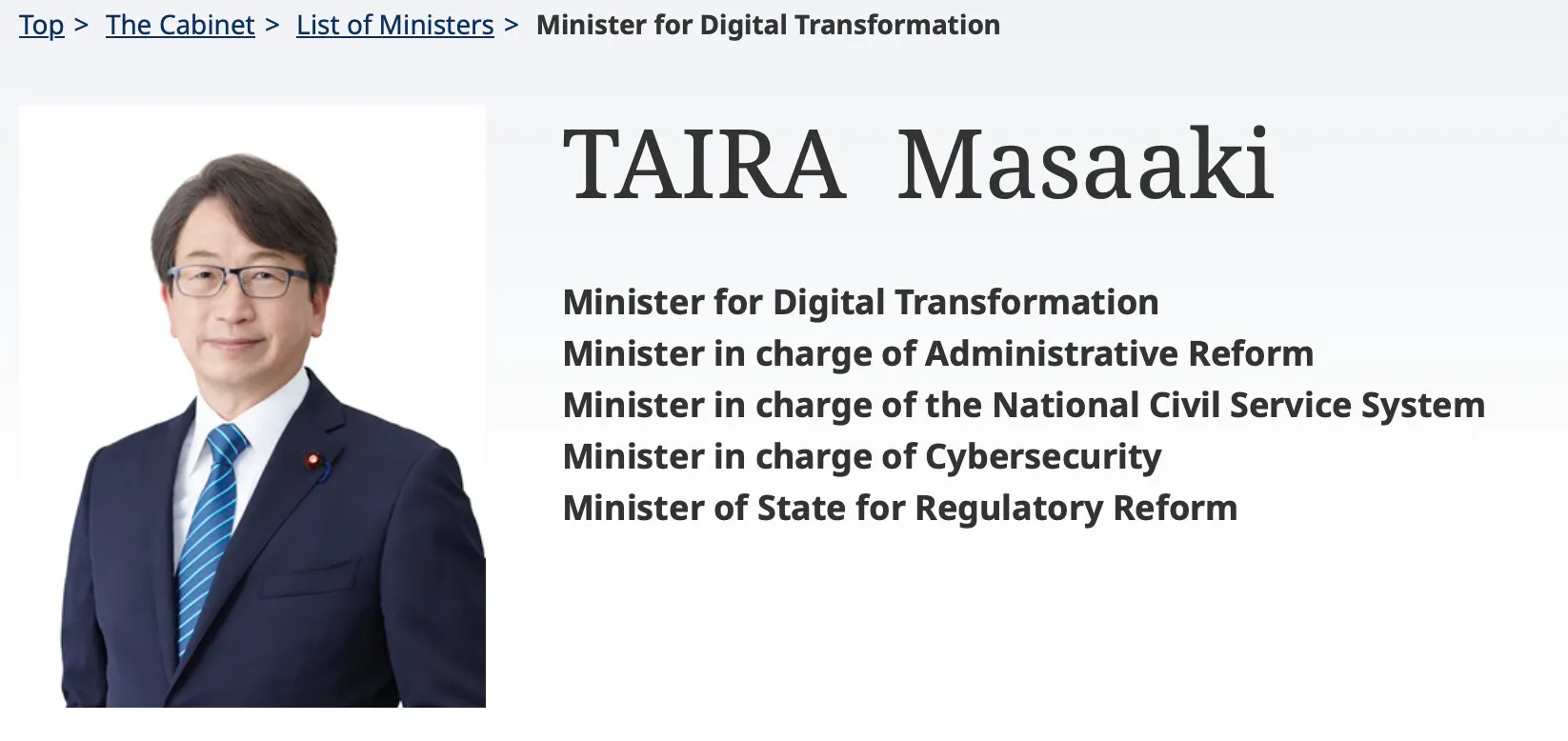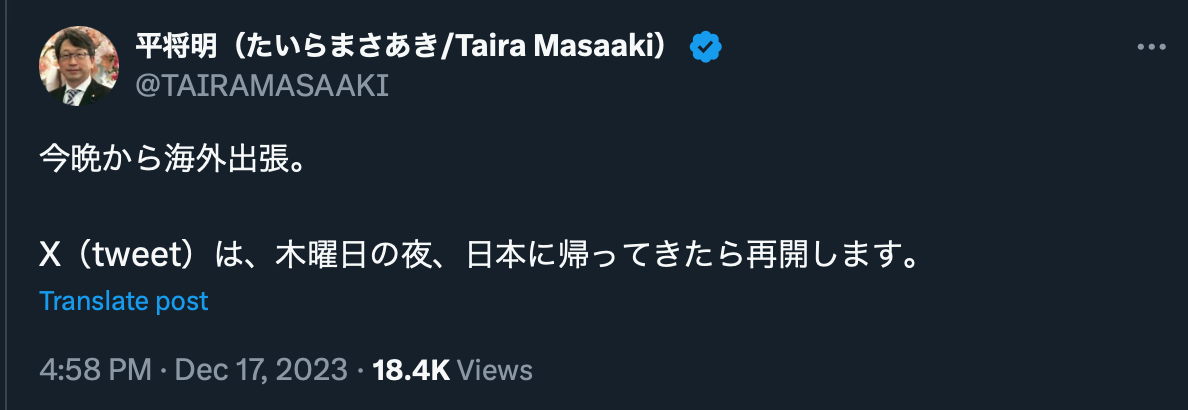Japan’s new prime minister (PM) Shigeru Ishiba has instructed the government’s Minister for Digital Transformation (DX), Masaaki Taira, to accelerate work toward an “active cyber defense” bill. Given the proposed bill’s scope and Ishiba’s friendliness toward Trump and the U.S. war machine, the Japanese are worried this could mean Communist-style public surveillance and a more militarized state.
Japan’s new Westernized, military-expansionist prime minister is looking to accelerate the development of an “active cyber defense” system, which will reportedly “collect and analyze communications information from the private sector” regularly.
Among Shigeru Ishiba’s main goals as PM are creating an Asian version of NATO, supporting the U.S. government, and increasing Japan’s defensive and offensive capabilities, despite the nation’s constitutionally more peaceful past.
Ishiba teams up with Trump, pushes for ‘active cyber defense’ bill
On Thursday afternoon (JST), major Japanese outlet NHK reported that Prime Minister Ishiba has instructed the country’s new AI-focused “Minister for Digital Transformation,” Masaaki Taira, to (translated by Google) “resume discussions at the expert panel and accelerate work towards submitting a bill at an early date.”
The bill in question is to be focused on “active cyber defense” (能動的サイバー防御) and it’s been a heated topic of discussion since last summer. The controversy? It reportedly centers on spying via private sector telecommunications companies even in peacetime, and supplying the U.S. government with the data it obtains.
Actions could also include the preemptive “infiltration of an attacker’s computer to render it harmless.” Of course, what is scary is what self-described “defense geek” Ishiba may consider a threat, especially given his zealous support of Orwellian intelligence nightmares like the CIA and Mossad, and lesser-known Japanese laws regarding supposed “conspiracy” against the state.
This supplying of private data to the intelligence- and military-murder-juggernaut across the pond lines up with recent statements made after a phone call with President-Elect Donald Trump. In the statements, Ishiba mentioned taking support of the U.S. government to the next level, by “strengthening the bilateral alliance … in terms of equipment and operations.”
Further exacerbating the public’s irritation is Taira’s checkered past when it comes to transparency and alleged secret relationships with the Chinese Communist Party.

Fed-up Japanese skeptical of Taira’s intentions
As DX Minister Masaaki gets ready to accelerate the “active cyber defense” bill through high-level state talks, the people who actually keep the country running — Japanese individuals living and working and trying to enjoy life on the archipelago — are sick of the politicking.
“Isn’t this selection shocking? It’s a joke that a pro-China person who hides his involvement in [Chinese politics] is drafting a cybersecurity bill,” one user wrote on X. Another Japanese user replied that now they are having second thoughts about the government’s vague and historically half-baked “My Number” identification card implementation, which Taira has previously suggested be used for rationing supplies during times of emergency.
The China controversy stems in part from a mysterious tweet issued by Taira last year, where he said he was going on a business trip, but didn’t specify where. It was subsequently discovered he had been having meetings in China.

Of course, diplomatic visits are nothing abnormal, but some were concerned with the tight-lipped nature of the politician, with one social media user asking: “Why does it seem like he’s sneaking around and not clearly stating that he’s going on a business trip to China?” They continued: “I’m starting to lose faith a little. If they have nothing to hide, shouldn’t they go to China openly and announce what they will do to the best of their ability?”
Further fueling the fire of speculation about the potential spy law is a speech given in 2022 by Taira, entitled: “Digital Revolution and Japan-China Relations.”
What does it mean for crypto?
Whatever the real story is with China, Japan’s frail yen, tourist-battered cities, and below-poverty-line pensions for the graying nation’s elderly beg the question: What would preemptive spying on the populace — at least in the style of the CCP — and jacked-up military spending and aid to the U.S. and Israel actually help?
For most, and especially fans of free expression and free market technologies like crypto, the answer is nothing. For the growing militarized global surveillance state, it appears to be right in line with goals for complete control.
Japan’s new prime minister (PM) Shigeru Ishiba has instructed the government’s Minister for Digital Transformation (DX), Masaaki Taira, to accelerate work toward an “active cyber defense” bill. Given the proposed bill’s scope and Ishiba’s friendliness toward Trump and the U.S. war machine, the Japanese are worried this could mean Communist-style public surveillance and a more militarized state.
Japan’s new Westernized, military-expansionist prime minister is looking to accelerate the development of an “active cyber defense” system, which will reportedly “collect and analyze communications information from the private sector” regularly.
Among Shigeru Ishiba’s main goals as PM are creating an Asian version of NATO, supporting the U.S. government, and increasing Japan’s defensive and offensive capabilities, despite the nation’s constitutionally more peaceful past.
Ishiba teams up with Trump, pushes for ‘active cyber defense’ bill
On Thursday afternoon (JST), major Japanese outlet NHK reported that Prime Minister Ishiba has instructed the country’s new AI-focused “Minister for Digital Transformation,” Masaaki Taira, to (translated by Google) “resume discussions at the expert panel and accelerate work towards submitting a bill at an early date.”
The bill in question is to be focused on “active cyber defense” (能動的サイバー防御) and it’s been a heated topic of discussion since last summer. The controversy? It reportedly centers on spying via private sector telecommunications companies even in peacetime, and supplying the U.S. government with the data it obtains.
Actions could also include the preemptive “infiltration of an attacker’s computer to render it harmless.” Of course, what is scary is what self-described “defense geek” Ishiba may consider a threat, especially given his zealous support of Orwellian intelligence nightmares like the CIA and Mossad, and lesser-known Japanese laws regarding supposed “conspiracy” against the state.
This supplying of private data to the intelligence- and military-murder-juggernaut across the pond lines up with recent statements made after a phone call with President-Elect Donald Trump. In the statements, Ishiba mentioned taking support of the U.S. government to the next level, by “strengthening the bilateral alliance … in terms of equipment and operations.”
Further exacerbating the public’s irritation is Taira’s checkered past when it comes to transparency and alleged secret relationships with the Chinese Communist Party.

Fed-up Japanese skeptical of Taira’s intentions
As DX Minister Masaaki gets ready to accelerate the “active cyber defense” bill through high-level state talks, the people who actually keep the country running — Japanese individuals living and working and trying to enjoy life on the archipelago — are sick of the politicking.
“Isn’t this selection shocking? It’s a joke that a pro-China person who hides his involvement in [Chinese politics] is drafting a cybersecurity bill,” one user wrote on X. Another Japanese user replied that now they are having second thoughts about the government’s vague and historically half-baked “My Number” identification card implementation, which Taira has previously suggested be used for rationing supplies during times of emergency.
The China controversy stems in part from a mysterious tweet issued by Taira last year, where he said he was going on a business trip, but didn’t specify where. It was subsequently discovered he had been having meetings in China.

Of course, diplomatic visits are nothing abnormal, but some were concerned with the tight-lipped nature of the politician, with one social media user asking: “Why does it seem like he’s sneaking around and not clearly stating that he’s going on a business trip to China?” They continued: “I’m starting to lose faith a little. If they have nothing to hide, shouldn’t they go to China openly and announce what they will do to the best of their ability?”
Further fueling the fire of speculation about the potential spy law is a speech given in 2022 by Taira, entitled: “Digital Revolution and Japan-China Relations.”
What does it mean for crypto?
Whatever the real story is with China, Japan’s frail yen, tourist-battered cities, and below-poverty-line pensions for the graying nation’s elderly beg the question: What would preemptive spying on the populace — at least in the style of the CCP — and jacked-up military spending and aid to the U.S. and Israel actually help?
For most, and especially fans of free expression and free market technologies like crypto, the answer is nothing. For the growing militarized global surveillance state, it appears to be right in line with goals for complete control.





